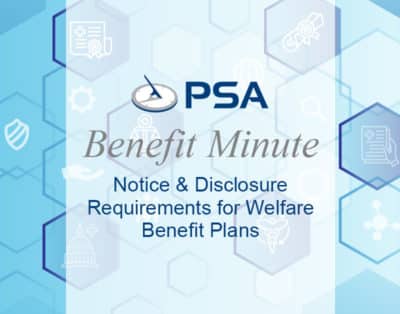How Trust and Estate Attorneys can Mitigate the Increase in Legal Malpractice Claims
Background The United States is currently experiencing one of the largest transfers of wealth in history as aging baby boomers are passing on their wealth and transitioning the ownership of their businesses. The increasing number of these transactions has caused an uptick in the number of claims made against trust and estate attorneys.











